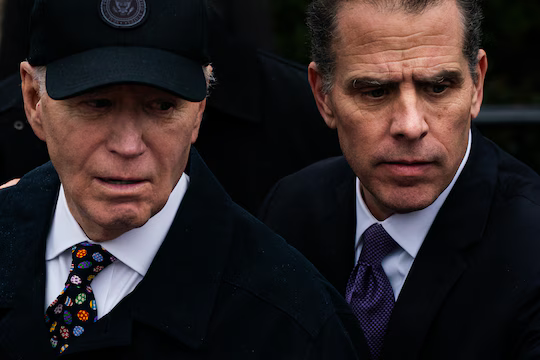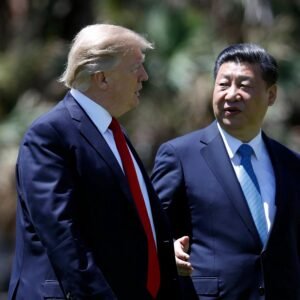
Understanding Hunter Biden’s Pardon
Recently, President Biden pardoned his son, Hunter Biden, who faced serious allegations including lying on a gun application while grappling with addiction and evading $1.4 million in taxes.
This decision added Hunter’s case to a rare list of family pardons that have often sparked controversy in American history.
Biden initially held a ‘no-pardon’ stance but later described the charges against his son as ‘unfair’, illustrating the complex blend of family loyalty and political responsibility.
Historical Context of Family Pardons
This isn’t the first time a president has pardoned a family member.
In 2001, former President Bill Clinton granted clemency to his half-brother, Roger Clinton, who had a cocaine conviction.
Roger served a year in prison for selling drugs to an undercover officer.
Similarly, in 2020, Donald Trump pardoned his son-in-law Jared Kushner’s father, Charles Kushner, who pleaded guilty to charges related to tax fraud, illegal campaign contributions, and witness tampering in 2004.
These examples show that the intersection of familial ties and presidential power often leads to public and political uproar.
The Implications of Presidential Pardons
Pardons, especially those involving family members, rarely come without backlash.
Critics argue they undermine the rule of law, while supporters may view them as acts of compassion.
In Hunter Biden’s case, the dual role of being both a father and president presents a nuanced challenge.
The implications of such pardons extend beyond individual cases, raising questions about accountability, fairness, and the potential for perceived favoritism in the justice system.





